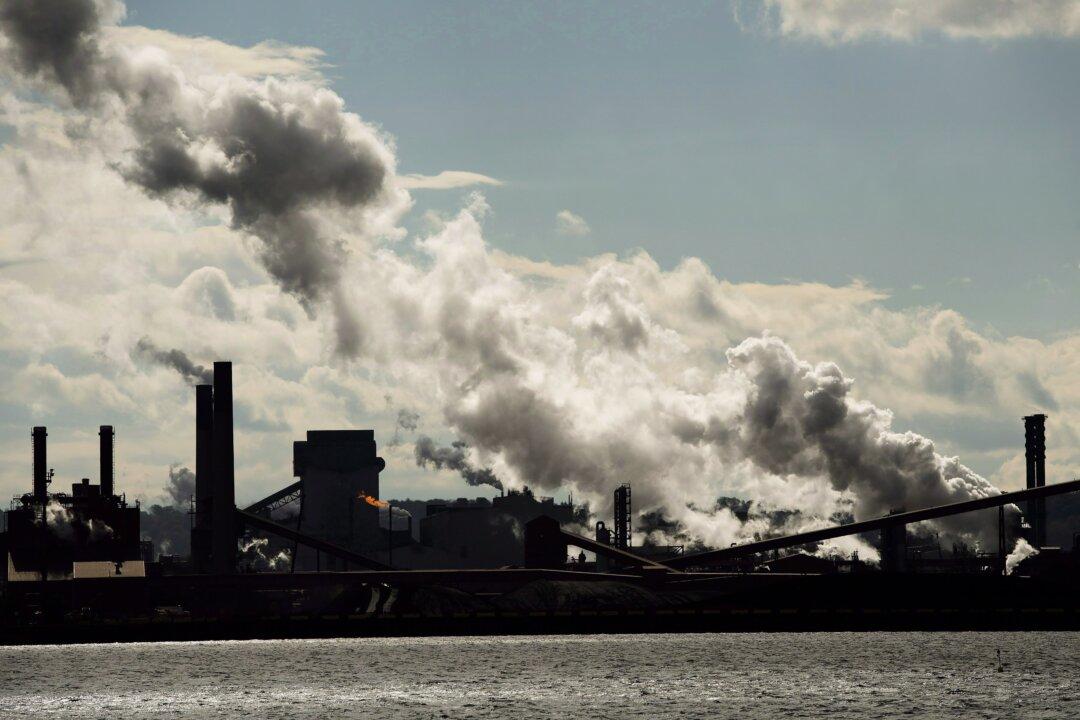Canada’s steel and aluminum industry leaders are urging the federal government to impose tariffs on China, aligning with the United States and Mexico to protect North America’s trading space from Chinese overcapacity.
“We can’t be the only CUSMA country that is not taking this serious action—for many reasons, but not the least of which [is that] we'll become the dumping ground for this excess steel capacity without those checks and balances at the border,” Catherine Cobden, president and CEO of the Canadian Steel Producers Association, said during a press conference on Aug. 8.





